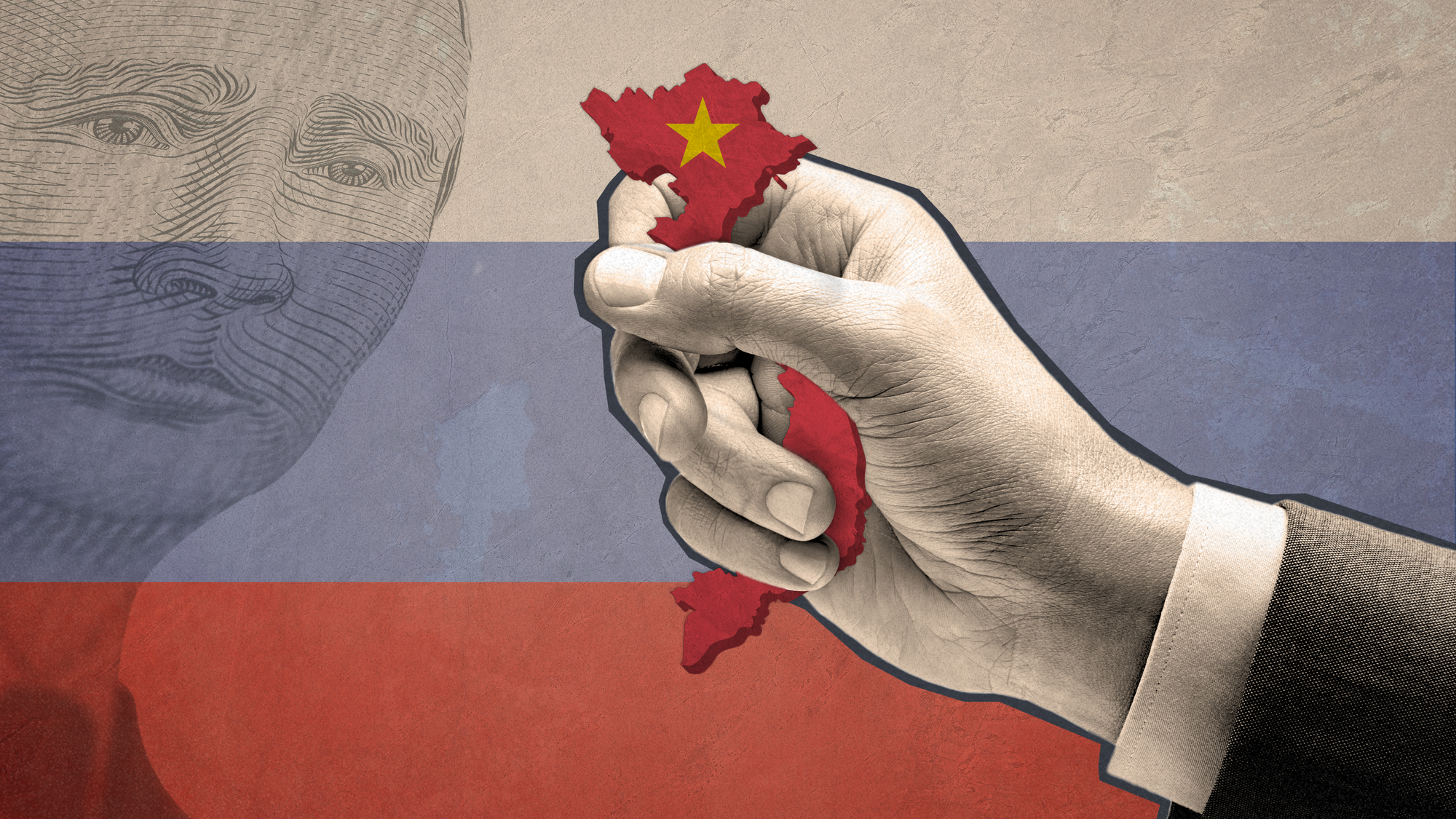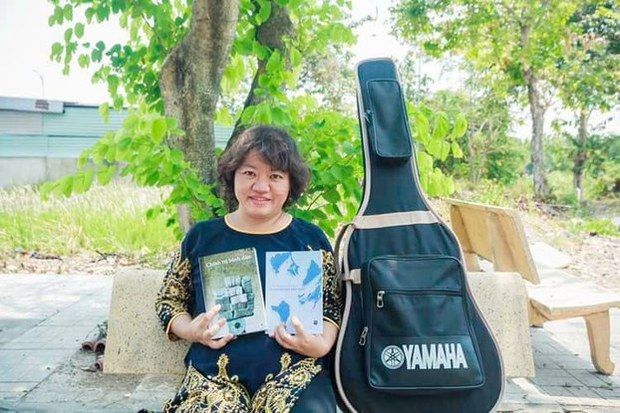Legal Initiatives for VIETNAM co-founder and Luat Khua co-editor Trinh Huu Long shares his concerns about colleague and friend Pham Doan Trang who was sent to prison for 9 nine years. The acclaimed journalist and human rights defender has suffered physical abuse in the hands of the police over the years which left her with a limp and several medical problems.
- Title: Pham Doan Trang: Human rights journalist in jail for “anti state activities” By Caitlin Tilley
- Publish Date: April 9, 2022
- Publisher: Women in Journalism
Excerpt:
Trang comes from humble beginnings, living in poverty and enduring “all kinds of discrimination that a woman in Vietnam faces”, close friend Trinh Huu Long said. Long is also editor-in-chief of Luat Khoa Magazine, which he co-founded with Trang in 2014. He believes her upbringing was the reason for her immense empathy. “Whenever she sees someone, she can quickly feel that person’s struggles. Because of that, she can see what others don’t. She can come up with topics that no one thinks about, she can come up with questions that no one thinks about,” he says.
In 2006, Trang started her blog, which began as a way for her to practise her English, but later became a way for her to publish what the wider media would not. Long says: “She will never let a story slip, she will find every means possible to publish her stories.” She wanted to document the democracy and civil rights movement that could otherwise be forgotten about. Trang wrote about a multitude of issues affecting citizens, including Sino-Vietnamese relations, the South China Sea issue, human rights, land disputes. Long says: “It is just so admirable that she has such deep care about how people are struggling on a daily basis, not only politically but also economically.”
Trang was willing to take huge risks to get people heard in her stories. In 2012, hundreds of farmers near Hanoi protested against the government taking 5.8 hectares of their land away and giving it to developers without properly consulting with them. The mainstream media stayed silent and no journalists dared to talk about it. But Trang decided she had to be there to give the farmers a voice. Long described the village as a “battlefield”, but Trang told him, “I have to go”. “She went there fully knowing that she could be in great danger,” Long says.
As all press in Vietnam is state-owned, publishing books was a way for Trang to avoid control, and she created her own company, the Liberal Publishing House. She gave her farewell letter to her main English copy-editor and translator, Vietnamese democracy advocate Nguyen, and instructed him to publicise it in the event of her arrest, which he said she knew “was only a matter of time”.
Long says many government officials actually sympathise with and support Trang. “Or at least, they know that what she is doing is right. The thing is that they cannot publicly support her, they could not even publicly like her post on Facebook. That is the problem. But they have a way of listening to her, and they have a way of sending messages to her that they respect her work.”
According to Bastard, the Vietnamese government is responsible for the physical abuse Trang has suffered over the years. She has been beaten so badly on her back and feet with wooden sticks that she now walks with a limp and often cannot sleep because of the pain. “As she is an impassioned guitar player, she was always viscerally terrified that police would torture her and mangle her hands permanently, as they have other dissidents. She also suffered a concussion when thugs beat her with a motorcycle helmet during a concert raid in 2018 and still has headaches from that occasionally,” says Nguyen.
Bastard is not hopeful Trang will be released before the nine years are up. When journalists have been freed in the past, they have had to go into exile, and Trang is determined to stay in Vietnam. “She wants to stay with her people,” Bastard says, and this makes it much harder for RSF to ask for her release. Long says he hopes she will change her mind and is concerned her illnesses are so severe she might not be able to endure them much longer. When her lawyers visited in March 2022, she was losing weight and receiving no medical attention in prison, which Long says is a kind of torture in itself.
Trang has received a number of awards over the years, including the Press Freedom Award for Impact from RSF in 2019. To support Trang, people can sign the RSF’s petition calling for her release, and also write to her, as she speaks good English. Long says Trang’s “ultimate goal” is to get more people, especially young people, involved in politics. “Spreading her words, reading her books, writing books, opening up magazines, trying to educate the public about their rights, that’s what she wants.”
Download:

